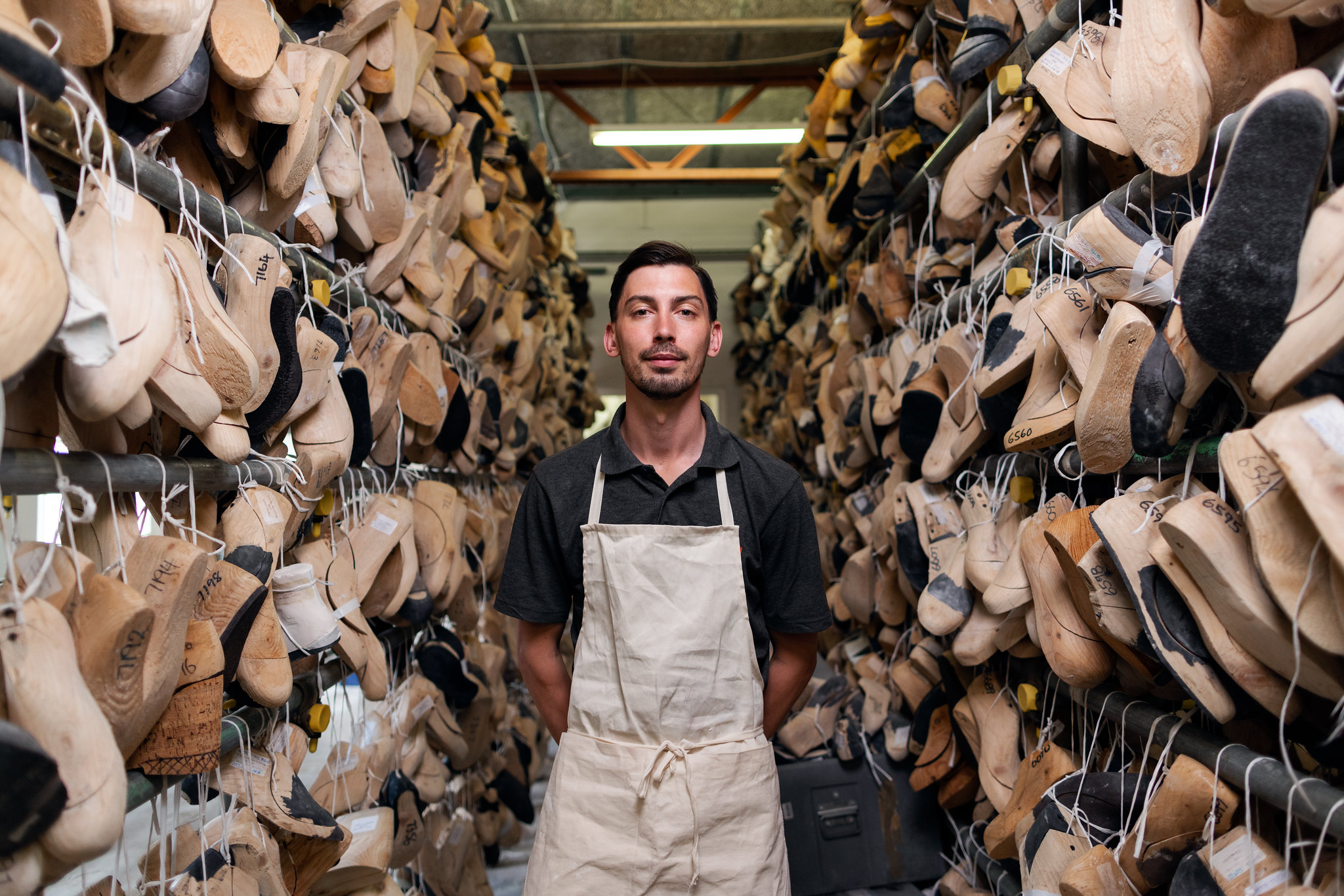
Throughout my career, I have experienced first hand the real benefits of use-inspired research and of academia–industry research partnerships. When I was President of the Royal Academy of Engineering from 2014 to 2019, I was asked by government to chair a review of business–university research collaboration.
The review highlighted a gap in the market to encourage academia–industry research partnerships to grow and proposed the creation of awards for collaborative excellence. I was therefore delighted when, in July 2019, the government announced the establishment of the Bhattacharyya Award—an annual prize funded by the Department for Business, Energy and Industrial Strategy that celebrates how industry and universities can work successfully together.
The Award is a tribute to Lord Kumar Bhattacharyya KT CBE FREng FRS, the Regius Professor of Manufacturing at the University of Warwick and the founder of the Warwick Manufacturing Group (WMG) who sadly died in March 2019. Starting his career as a graduate apprentice at Lucas Industries, Professor Lord Bhattacharyya became Britain's first ever Professor of Manufacturing. Having seen first-hand how slowly academic advances were translated into real business and social change, he founded WMG in 1980 to help business innovate and help university researchers change our lives. Academic excellence with industrial relevance has always been at the heart of WMG, and today it is one of the world’s top applied research centres, with a reputation for academic excellence and business results spanning the globe.
Lord Bhattacharyya was a strong advocate of an effective industrial strategy, seeking a revitalisation of skills policy, a growth in apprenticeships, a focus on the impact of research and training and of technology partnerships between industry and universities.
Last year, the government’s R&D People and Culture Strategy and the UK Innovation Strategy both highlighted that facilitating business–university collaborations and encouraging a greater flow of people and ideas between academia and industry are government priorities.
And of course, the Academy’s own strategic goal, to harness the power of engineering to build a sustainable society and an inclusive economy that works for everyone, will not be possible without researchers and industry leaders working together. Engineers can help to solve some of the world’s greatest challenges but only when working with experts in other fields.
I occasionally still hear it opined that the UK is good at academic research but less good at innovation. While this may have been the case in the past, the incredible impact that university industry collaborations can have has been brought to life for all of us during the pandemic, helping to address our healthcare needs and to keep our economy moving. The recent report Spotlight on spinouts: UK academic spinout trends published by the Academy’s Enterprise Hub and Beauhurst also highlighted where and how effectively innovations developed in universities are being turned into real-world products, processes and commercial successes. University spinouts play a vital role in our innovation economy – raising a record £2.54 billion last year creating the companies, technologies and jobs of tomorrow. The success of these companies is key to achieving sustainable growth, job creation and prosperity across the country. We should celebrate successes of this nature more often.
From the start we hoped that the Bhattacharyya Award would showcase best practice in developing effective collaborations between universities and industry and inspire productive new partnerships in the future. Last year, we received many excellent entries and I know I speak for the whole of the judging panel when I say that the quality and diversity of the applications made it very difficult to select the finalists. It was an even harder task to choose the overall winner of the twenty-five thousand pound award.
The recipient of the inaugural Award was the University of Surrey’s 5G Innovation Centre. A really worthy winner, Surrey’s 5GIC has built collaborations with more than 27 global industrial partners and over 300 UK SMEs since its launch in 2013, bringing together leading academics and companies to help develop the 5G infrastructure that will underpin the way we communicate, work and live our everyday lives. Had companies been working individually and with more limited collaboration with academia, these outputs and outcomes would have taken far longer to achieve.
The Royal Academy of Engineering and WMG at the University of Warwick are currently inviting entries for the 2022 Bhattacharyya Award. We are hoping for as many submissions as possible of exceptional collaborations between academia and industry across the full range of subject areas – not only those within the Academy’s engineering and technology remit—before the deadline of 28 April 2022. We hope that that the shortlisted entries will once again demonstrate and celebrate industry–university collaboration and innovation and its beneficial impact and effects in the wider world.
Find out more about how to enter the 2022 Bhattacharyya Award.
